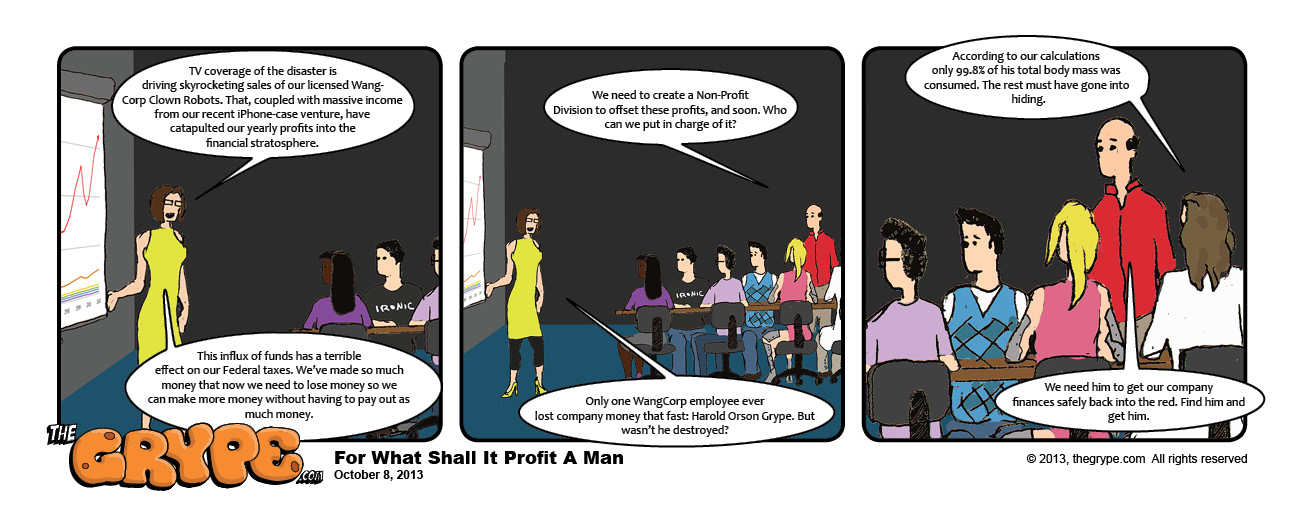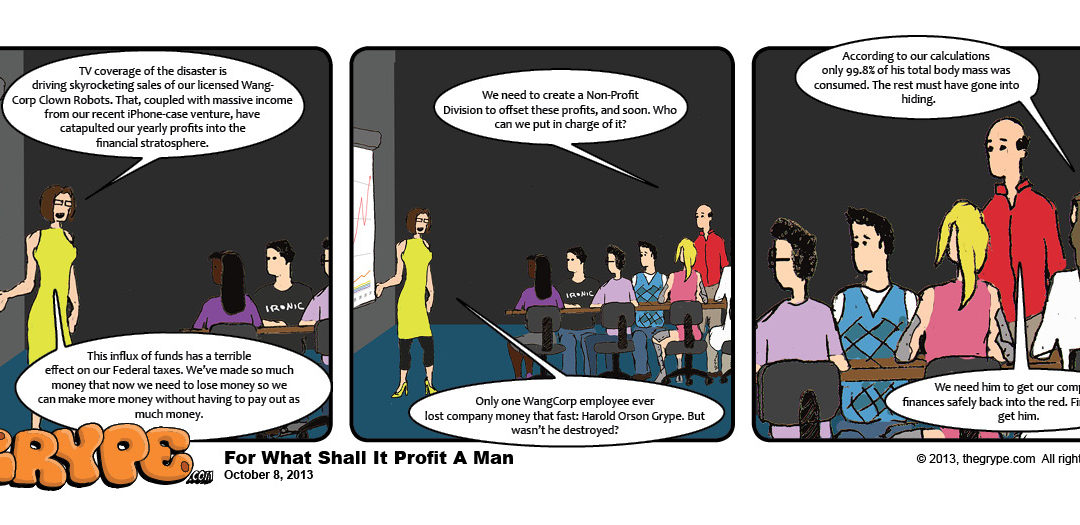 For anyone interested in exploring the weird psychological forces that cause perfectly fair and decent people to embrace an amoral corporate mentality in their business interaction, a recent book by sociologist Robert Jackall, “Moral Mazes,” explores the ethical mechanisms in place which drive the decision making process in corporate bureaucracies. It makes for fascinating reading. To research the work Jackall spoke with numerous mid-level managers, people he described as being moderately nice and fair-minded in their day-to-day lives… but in the context of THEIR JOBS, they seemed to maintain a completely separate moral code which informed their decisions while at work. This code included a number of unofficial behavioral directives that Jackall designates as the “fundamental rules of corporate life.”
For anyone interested in exploring the weird psychological forces that cause perfectly fair and decent people to embrace an amoral corporate mentality in their business interaction, a recent book by sociologist Robert Jackall, “Moral Mazes,” explores the ethical mechanisms in place which drive the decision making process in corporate bureaucracies. It makes for fascinating reading. To research the work Jackall spoke with numerous mid-level managers, people he described as being moderately nice and fair-minded in their day-to-day lives… but in the context of THEIR JOBS, they seemed to maintain a completely separate moral code which informed their decisions while at work. This code included a number of unofficial behavioral directives that Jackall designates as the “fundamental rules of corporate life.”
These unspoken rules include the following:
(1) Never go around your boss.
(2) Always tell your boss what he wants to hear, even if he claims to want dissenting views.
(3) Never be the bearer of bad news. If the news it bad, squelch and “spin it” to minimize it.
(3) If your boss wants something dropped, you drop it.
(4) Be sensitive to your boss’s wishes and anticipate what he wants; never force him to actually have to be a boss.
(5) Your job is not to report something that your boss does not want reported; you are supposed to cover it up.
(6) Do your job and keep your mouth shut.
In the course of his study, Jackall found evidence that in case after case, managers who violated this “code” were summarily dismissed from their positions and had their careers ruined for doing so… even in cases where gross negligence or horrific corporate wrong-doing was uncovered and deservedly corrected. One such example: when an employee took the initiative to report incompetence, obfuscation, and conscious malfeasance during the (incredibly dangerous and important) post-accident cleanup of the Three Mile Island nuclear power plant.
What conclusions might we draw from this? Simply what has been long expected: the corporate mentality is deeply invested in covering up inefficency and criminal incompetence, and trains middle management accordingly. Which invariably leads to the supreme cop-out “I was just following orders” when something awful eventually happens and gets discovered by outside parties.
I personally find that less than comforting. Especially when one considers that the most complex and dangerous of our structures and systems— nuclear and electrical power plants, large scale chemical manufacturing, and the entirety of our modern food industry; plus our entire infrastructure of bridges, dams, levees, and public buildings— are all built and maintained by corporate contractors who attained those contracts by bidding THE LOWEST.
Our families are protected from a potentially lethal spillover of nuclear radiation by safeguards built for the absolute least amount of money possible, by companies inherently insulated from responsibility by internal systems of “don’t ask, don’t tell” regarding potential company wrongdoing. One has only to examine the Falstaffian antics of Tokyo Electric Power Company, the company that built and ran the ill-fated Fukushima Daiichi nuclear power plant in Japan— and the depth of their deceptive attempt to hide their negligence— to fully understand the true fragility of so-called “safety regulations” in the hands of ruthless corporate profiteers.
So not only are corporations legally “people,” but most are unscrupulous, self-serving, bullshit artists as well.

